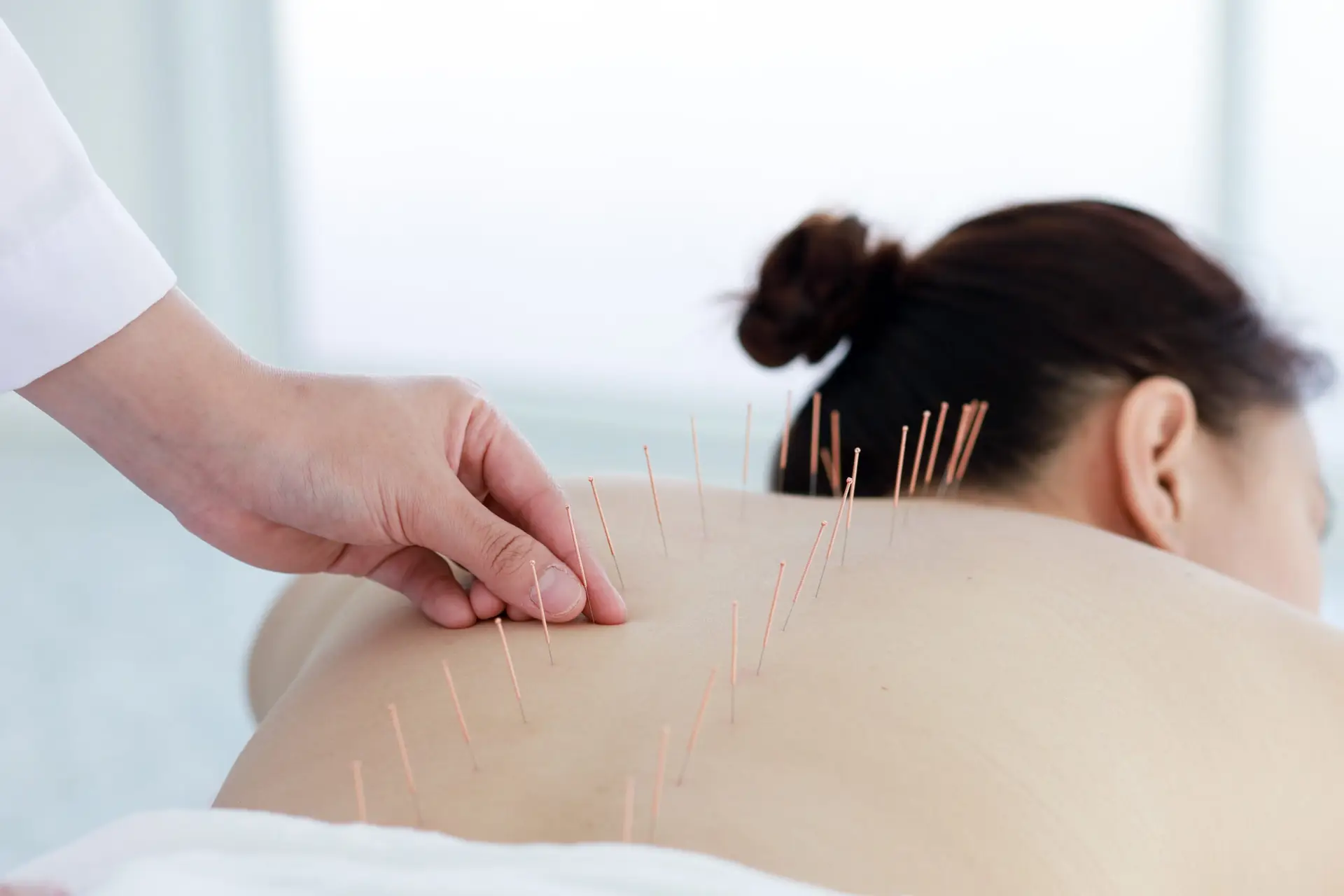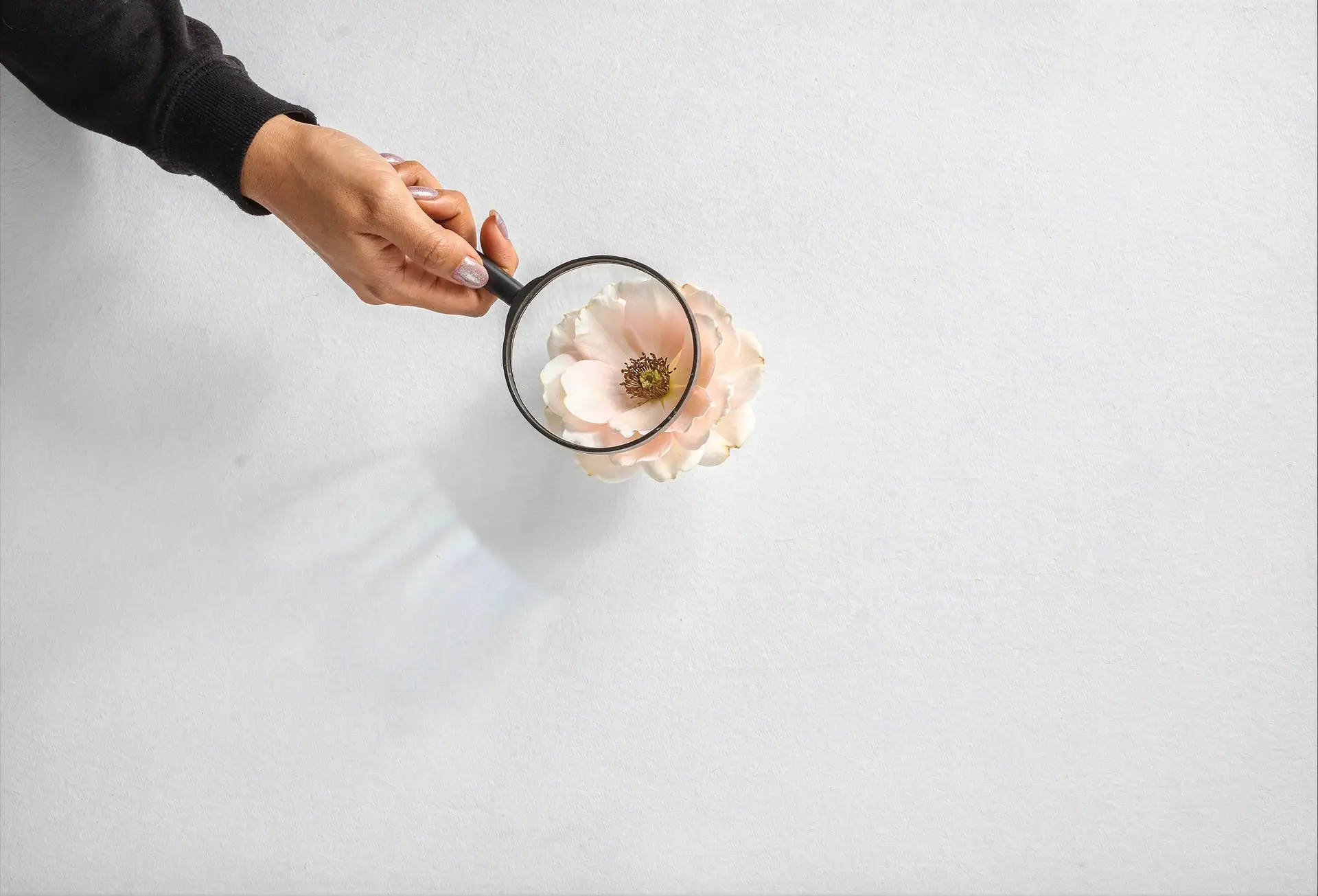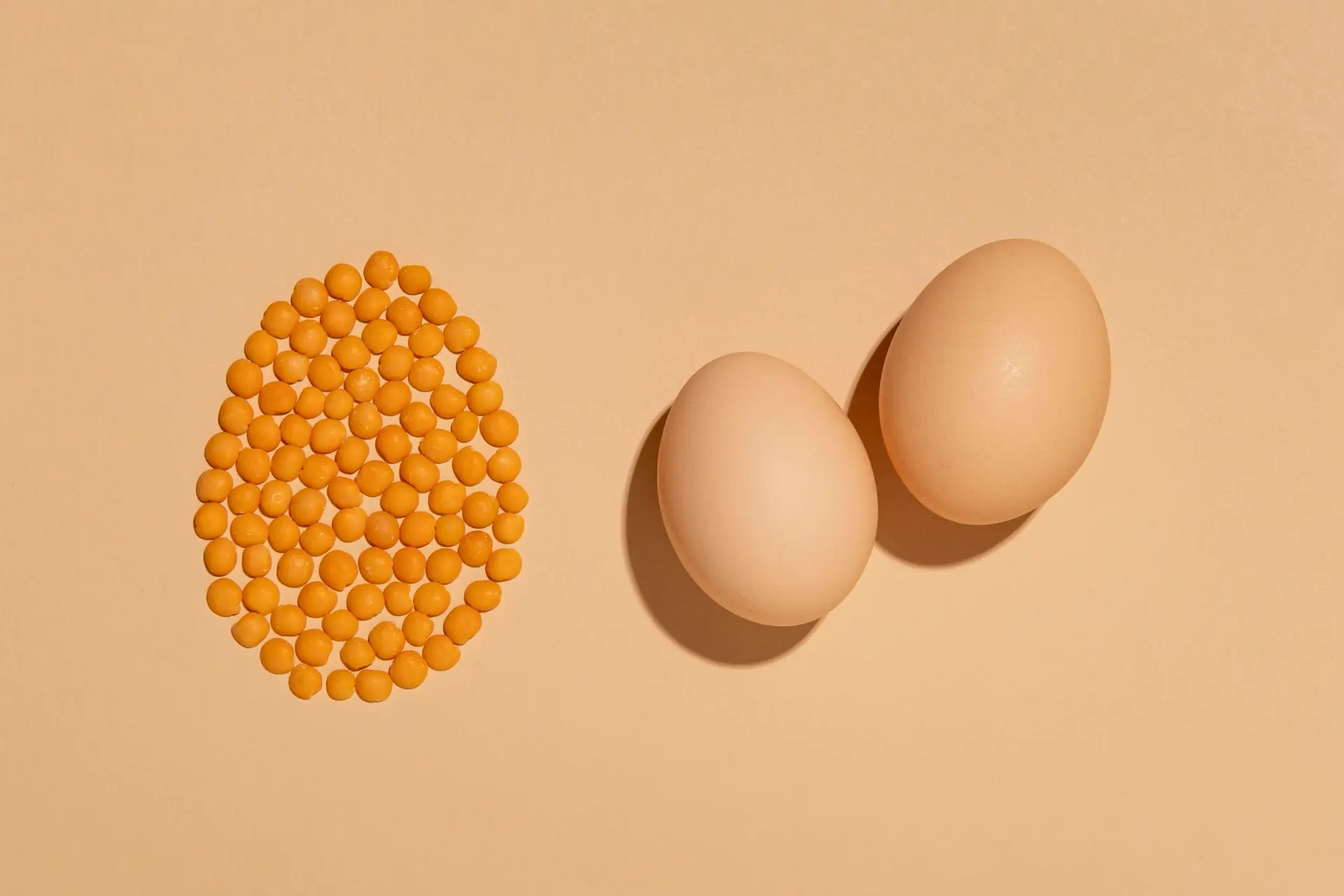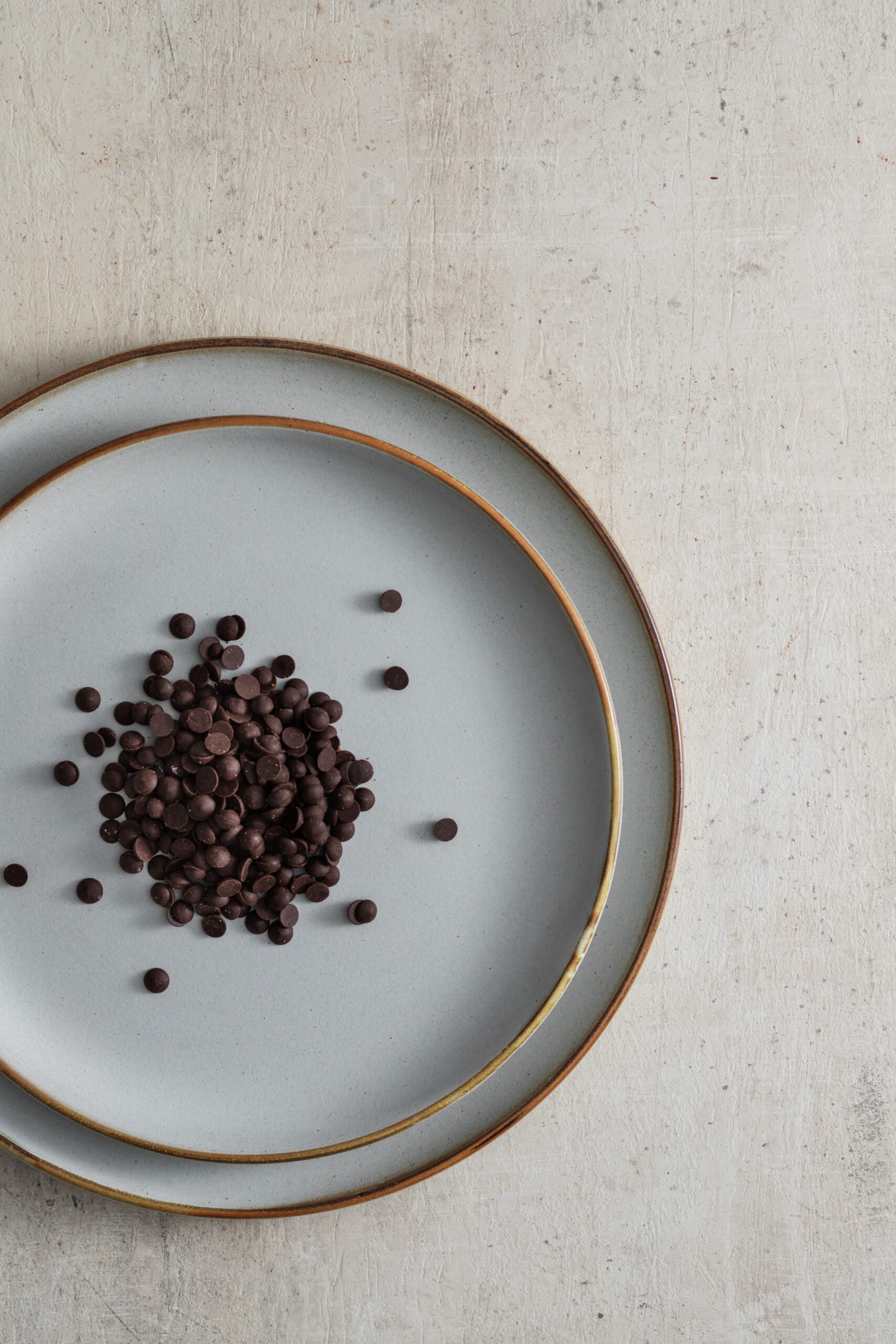As fertility treatments like IVF become more common, many couples are looking for supplementary approaches to enhance their chances. Acupuncture, an ancient practice involving the insertion of thin needles at specific points in the body, is gaining attention. While the research on acupuncture and IVF success is still ongoing, many studies show that acupuncture can help relieve stress and may improve blood flow to reproductive organs.
Does acupuncture help IVF? For those starting their IVF journey, acupuncture during IVF may provide both physical and emotional support.
Acupuncture During IVF
Acupuncture for fertility increases chances of positive IVF outcomes. By increasing blood flow to the uterus, it helps create a receptive environment for embryo implantation. It also assists in regulating the brain-ovarian axis that helps in follicular development. Certain studies have shown an improvement in body mass index and increase the ovulation response in patients with PCOS, with the help of acupuncture. Another mechanism involves improving the ovary’s internal environment by improving ovarian blood flow and reducing the inflammatory environment. Thus, all these alternative therapies for IVF play a role in restoring women’s reproductive hormone levels and improving chances for pregnancy.
Stress relief is a significant benefit, as many couples have mentioned emotional relief after acupuncture for fertility.
The Safety of Acupuncture During IVF
For most individuals, acupuncture is safe when done by a certified practitioner. Women undergoing IVF can safely take resort to acupuncture for fertility without compromising their cycles. Practitioners use thin, sterile needles that are inserted at specific points to support reproductive health. However, consult your fertility specialist before starting any alternative therapies for IVF to ensure it aligns with your treatment plan.
What to Expect from Acupuncture for Fertility
A typical acupuncture session lasts between 30 to 45 minutes, where needles are inserted at specific points related to reproductive health. Most patients find the process calming and painless. Regular acupuncture during IVF may help regulate the body’s energy flow, fostering a state of relaxation that supports reproductive health.
Current Research Findings
Research on acupuncture’s effectiveness during IVF remains mixed. Some studies highlight its benefits, particularly when performed on the day of embryo transfer. A study published by JAMA in 2018, however, found no significant impact on live birth rates. That said, the emotional benefits and potential for reducing stress cannot be overlooked. For those seeking a complementary approach to IVF, it answers the question of does acupuncture help IVF.
Combining Acupuncture with Conventional Fertility Treatment
While acupuncture cannot replace IVF, it offers a valuable complementary tool. Women report feeling more balanced, and research shows it may ease stress and anxiety, both which are crucial for IVF success. Given that stress can impact reproductive health, acupuncture during IVF can promote relaxation and indirectly support the treatment.
Conclusion
Acupuncture during IVF can offer potential emotional and physical benefits. While not a guaranteed solution, its ability to relieve stress and improve overall well-being makes it one of the effective alternative therapies for IVF. Consult with your fertility specialist to ensure acupuncture aligns with your treatment plan. Whether it is acupuncture for fertility or acupuncture before embryo transfer that you’re considering, it may help create a sense of balance and support during this journey.
FAQs:
- Does acupuncture increase IVF success rates?
Research is mixed. Some studies suggest acupuncture may improve IVF outcomes, while others indicate no significant effect. However, many patients experience stress relief, which can support the process. It is essential that this procedure is done by a qualified acupuncturist who is well acquainted with the acupoints and its frequency.
- When should I start acupuncture during IVF treatment?
Starting acupuncture sessions a few weeks before your IVF cycle and continuing through embryo transfer is often recommended. Consult your fertility specialist for personalized advice.
- Is acupuncture painful?
Acupuncture is generally painless, with many describing the sensation as a slight tingling or dull ache. The procedure is calming for most, providing emotional relief.





